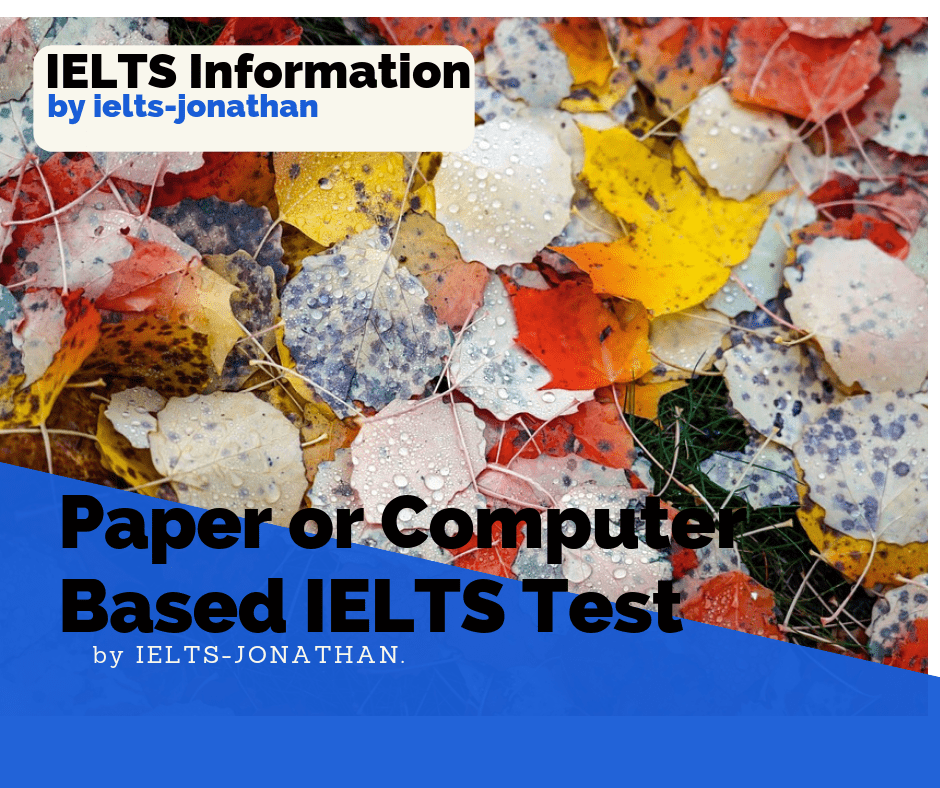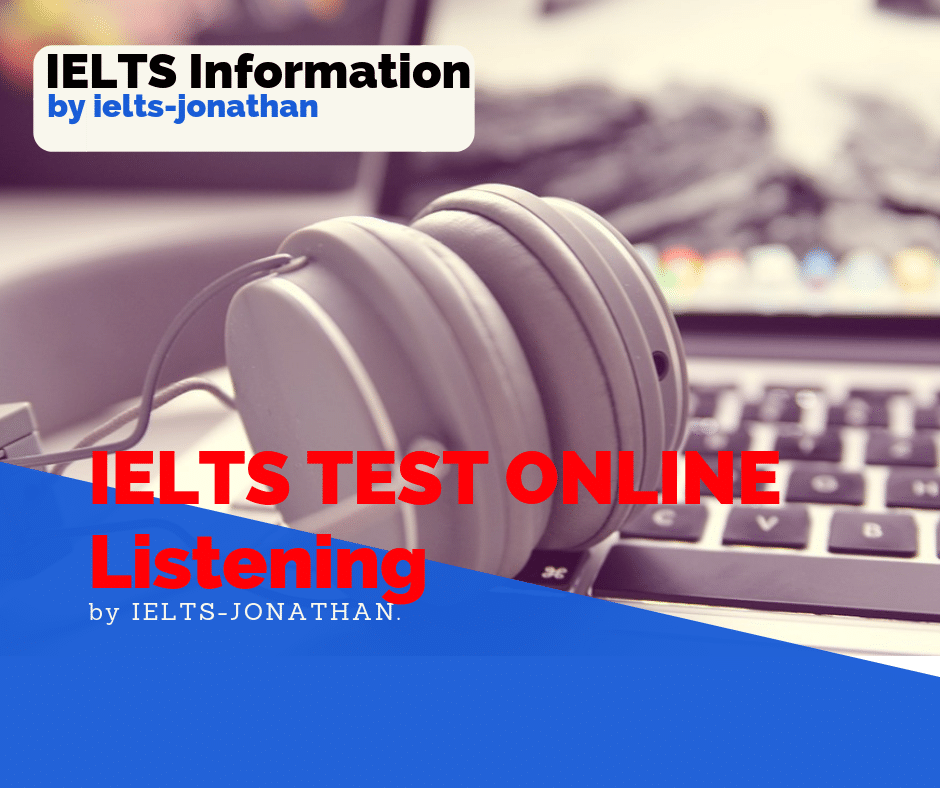A New IELTS Computer Based Test
I’ve recently been asked a number of questions about the IELTS Computer Based Test.
As this is a recent development in the test format, I’ve noticed a common theme in misconceptions related to the content, format, difficulty and advantages of this test.
IELTS Computer-Based Test vs Paper Test
The IELTS computer-based test has given students a new option in terms of the way that they sit the test. Because of this, it has also raised the question, which is the right test for YOU?
Most articles simply outline the differences between the tests such as
- It is quicker to type
- Good for candidates with poor handwriting
But I’d like to consider, from a teacher’s role, which is the best format for test-takers.
First though, here are the basic facts about the Computer Based Test before we consider the misconceptions:
Which is best for you – IELTS on a computer or IELTS on paper ?
While the differences between the IELTS computer-based test and the traditional paper test are the methods in which it is delivered, it is quite possible that the different tests are suitable for different types of candidates.
This post is going to show you aspects of how the Computer Based Writing Section might be better for particular kinds of students.
By looking at the advantages and disadvantages of the computer-based test, you can make an educated decision on which is best for you.
IELTS Computer-Based Test: Listening
The biggest difference here with the computer based IELTS test in Listening is Headphones.
This difference is a great advantage as I believe it’s much easier to focus on the task when wearing headphones.
Compare this to a test centre with other candidates making noises, such as moving their chairs, writing or coughing.
And then there is the position of the CD player, whether you are too near or too far from the source.
The advantage of being in front of a computer with your own headset, and little distraction around you, goes with out saying. When you are looking at a computer screen, you are less-likely to get distracted.
However, being distracted is not the same as remaining focused.
Unfortunately, we are not used to focusing one thing when we use technology.
Take any social media for example.
Experience has shown me that we are used to moving on to the next post, or meme quite quickly and how many times have you started to watch or listen to a post, before moving onto another without finishing it.
So I think that remaining focused could be quite a challenge, especially when it’s only a screen that you can look at.
However, probably the greatest challenge is the manner in which you record you answers.
Firstly, you are only be given TWO MINUTES to check your answers at the end of the test.
This is instead of the ten minutes in the paper-based test.
Answers are recorded automatically, so, for example, the test records your multiple choice answers but poor spellers who need this time at the end to check and correct mistakes might suffer. Remember, you loose marks for words spelt incorrectly.
Secondly, an issue you may find that you can’t underline key words on the screen.
This is a similar technique IELTS teachers instruct in the Reading test. Identifying the Key Words is really very important in listening as the Key Words act as a guide to help you follow the dialogue.
While you can highlight words (like in the reading exam), it isn’t as helpful as underline on paper with a pencil or pen and may be more of a distraction than a useful exam technique.
Finally, in multiple choice questions, the technique of crossing out answers that are WRONG to find the correct answer can’t be done. Without this option, Multiple choice questions are much more difficult.
General Considerations Between the IELTS Computer-Based Test and the Paper Test
- the IELTS computer-based test might be more expensive in your area, for example. in London, it’s around £30 more expensive to sit the computer-based.
- the IELTS computer-based test might not yet be available in your region
- the IELTS computer-based test is more frequently held in some test-centres than the paper test (useful if you have a visa deadline or are applying for PLAB)
- the results of the IELTS computer-based test appear much more quickly (3 – 5 days as opposed to 13 days for the paper-based exam).
So, there we go! An honest comparison of the IELTS Computer and paper Based test for Listening.
Which is right for you? Computer or Paper?
Any questions or comments, please ask in the comment section below.
I’m Jonathan
I’ve taught IELTS and University English in more than a dozen universities and schools around the world.
I’m a parent, traveller and passionate about language teaching and helping students achieve their dreams.
Whilst living in Austria or working in Asia, I run IELTS courses to help students get to where they want to be.
If you are serious about IELTS, connect with me to see how I can help you.





Was this helpful? Leave a comment :)